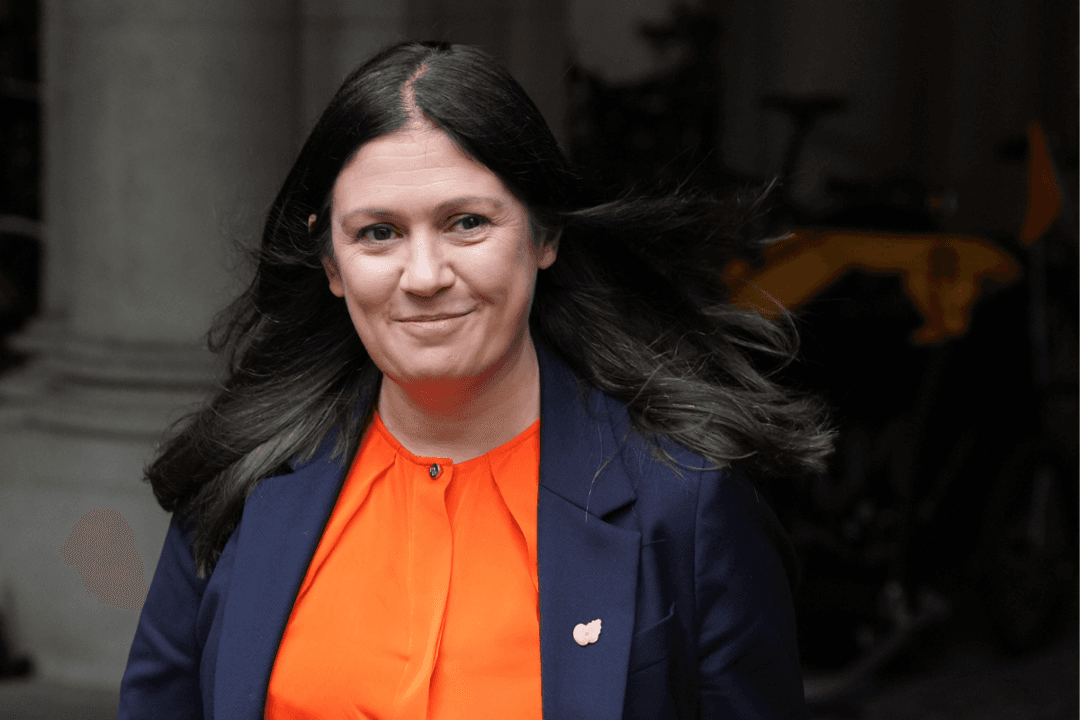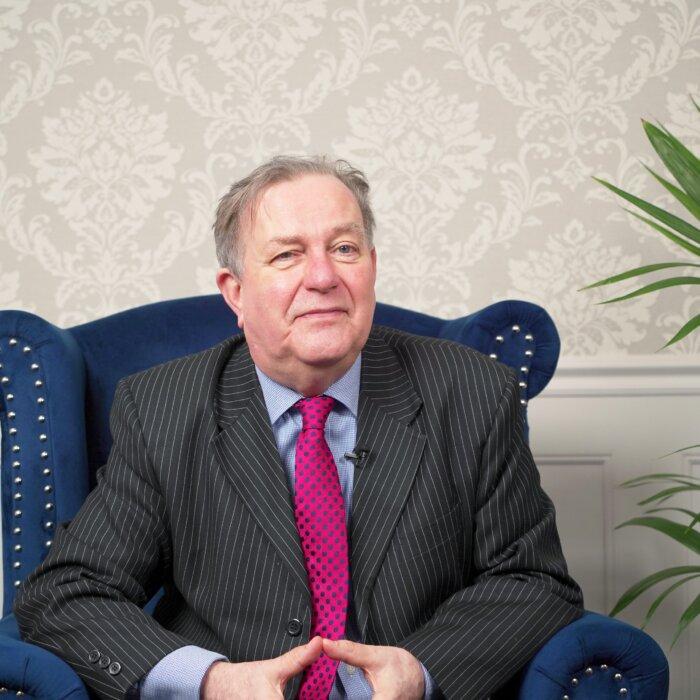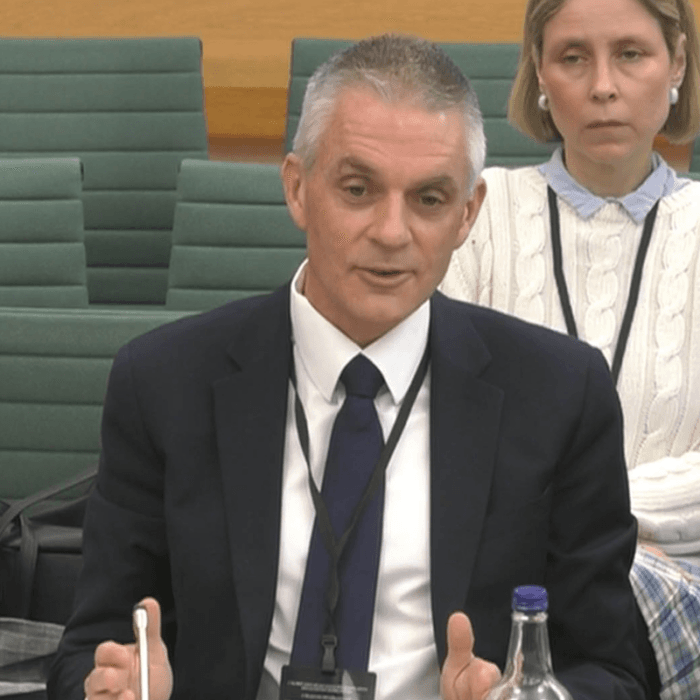Replacing the BBC licence fee with a new tax is not an option being looked at by the government, Culture Secretary Lisa Nandy has said.
“General taxation is not something that we’re considering,” Nandy told “BBC Breakfast” on Friday, amid speculation that a new tax was being floated as a possible replacement for the licence fee as part of the government’s review of the broadcaster’s funding.
Nandy said that while she would not commit to what the government’s plans would be, she said her Department for Culture, Media, and Sport (DCMS) was remaining “genuinely open minded” about funding options.
“We make no apology for saying that we’re considering all options, and we’re thinking quite radically and creatively about how we future proof our national broadcaster for many years,” she said.
Financial Pressure
In November, the government said it was going to explore funding options as part of its review of the BBC’s Royal Charter, which expires on Dec. 31, 2027.Nandy said that she has already started initial discussions with BBC leadership about the Charter review, which she said would look to “future proof” the broadcaster “until well into the latter half of this century.”
“We have known for a long time that the licence fee isn’t sufficient,” Nandy said, adding that the Culture, Media, and Sports Committee has been warning about the unsustainable funding model for over a decade.
The BBC is under increasing financial pressure and has projected its deficit for 2024/25 will increase to £492 million. Last year, the broadcaster announced a restructure and cutbacks to its news service provisions in a bid to save money.
‘Anachronistic’ Flat Fee
In other comments to LBC Radio, Nandy also suggested that the government is considering variable fees.She said, “I think there is a general sense which we share that a fee that is a flat fee, that means that poorer people pay more proportionately than wealthier people, is anachronistic and wrong.”
She added, “In today’s age, we’ve seen far too many cases of women, in particular, who have been prosecuted for not paying the licence fee.”
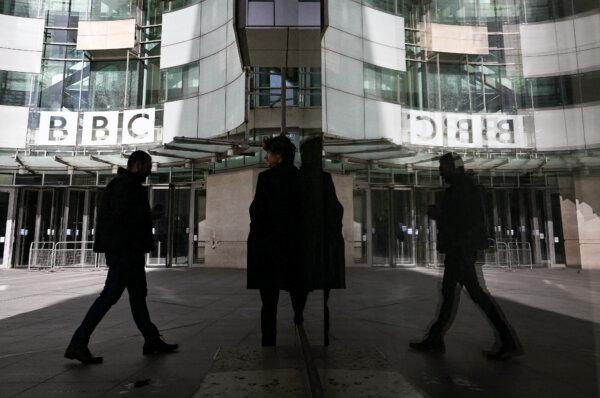
Soft Power Council
Nandy made the comments as she and her front-bench colleague Foreign Secretary David Lammy launched a “soft power council” to promote the UK’s cultural exports, including the BBC.The Foreign, Commonwealth, and Development Office (FCDO) and the DCMS said that coordinating and amplifying the UK’s culture globally would “drive UK growth and security,” deepening international relationships and enhancing global influence.
Nandy said in a statement: “From the Premier League and Peaky Blinders to Adele and the BBC World Service, Britain’s cultural exports showcase the best of Britain around the world.
“When international investors look to the UK, it is so often our iconic sporting events, performing arts, media outlets and creative industries that make the UK such an attractive place to grow and invest.”
Also on Friday, the culture minister convened the Creative Industries Growth Summit, announcing a £60 million funding boost for creative industries.
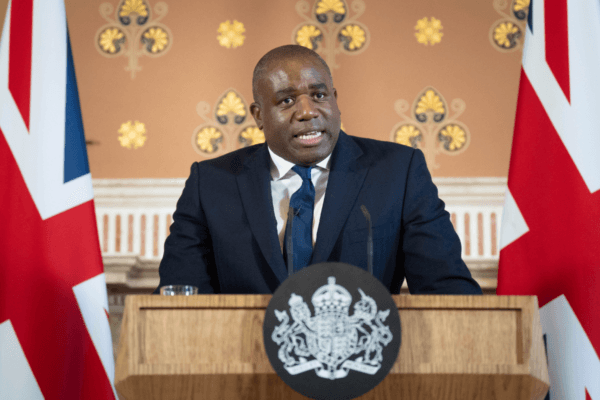
The FCDO said that the council will bring together “experts from across culture, sport, the creative industries and geopolitics” to shape the government’s soft power strategy.
Lammy said: “Soft power is fundamental to the UK’s impact and reputation around the world. I am often struck by the enormous love and respect which our music, sport, educations and institutions generate on every continent.
“But we have not taken a sufficiently strategic approach to these huge assets as a country. Harnessing soft power effectively can help to build relationships, deepen trust, enhance our security and drive economic growth.”
